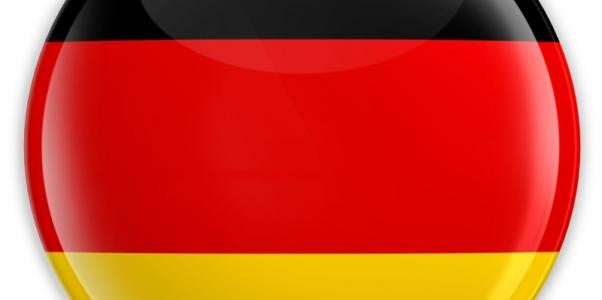A number of amendments to the German competition law (Amendment) entered into force on 9 June 2017. The key changes are:
- Merger control: Introduction of a new “size of transaction”-threshold
- Sanctions for antitrust law infringements: Rules of liability aligned to EU concept, in particular with respect to “parental liability”
- Private enforcement: Implementation of EU Cartel Damage Claims Directive.
Merger control: New “size of transaction” threshold
While the existing merger control “turnover”-thresholds remain unchanged and will continue to apply, the Amendment introduces an alternative “size of transaction”-threshold. The new threshold is the result of a perceived lack of control over transactions involving companies with significant market potential, but–for the time being–limited actual revenues in Germany, like tech start-ups with immense predictable growth. Under the new threshold, transactions will have to be notified in Germany if (i) the parties’ combined worldwide turnover exceeds € 500 million, and (ii) one party has a turnover of more than € 25 million in Germany, and (iii) the “value of the compensation” exceeds € 400 million, and (iv) the target company has “significant business activities” in Germany.
The Amendment specifies that the “compensation” includes the purchase price and all other assets and non-cash benefits, as well as liabilities assumed by the purchaser. In practice the calculation of the compensation will in all likelihood raise numerous questions (e.g. relevant point of time for determining all elements of the compensation; scope of liabilities to be taken into account). Similarly, the meaning of “significant business activities” remains largely unclear. One should assume that “significant business activities” may exist even if the target has annual turnover of less than € 5 million in Germany. Due to these uncertainties, the applicability of German merger control is likely to become more difficult to assess, and less predictable.
Sanctions for antitrust law infringements: Parental liability
So far, German antitrust law essentially only allowed for imposing fines on the legal entity which, through its employees, was directly involved in an antitrust law infringement. In practice, companies were often able to escape liability by adopting certain restructuring measures (essentially consisting of making the infringing company disappear while moving assets to other group companies). The Amendment closes the loophole (in Germany largely referred to as “Wurstlücke”, “sausage gap”, named after a case involving a sausage producer which managed to escape liability by restructuring).
In essence, the Amendment aligns German law to European Union law by extending liability to all companies constituting a “single economic entity”. The idea is that a parent company will be jointly and severally liable for subsidiaries involved in antitrust law infringements if, at the time of the infringement, the parent company exercised controlling influence over its subsidiary. While the “sausage gap” will cease to exist, the new rules on liability are complex and are likely to lead to numerous follow-on questions (and possibly new loopholes).
Private enforcement
The Amendment implements the EU Cartel Damage Claims Directive and further facilitates bringing damage claims for antitrust law infringements under German law. In particular, the Amendment introduces:
- a limitation period which is extended from three to five years,
- a rebuttable presumption that antitrust infringements cause damages (the presumption does not apply to the level of damages caused),
- some rules on the effects of settlements between the claimant and individual defendants to improve the willingness to settle,
- extensive disclosure rights with respect to information held by the defendant and / or third parties (and also, for reasons of “equality of arms” regarding information held by the claimant), and
- certain privileges for immunity applicants (e.g. a liability which is limited to damages caused to the immunity applicant’s direct customers).




 i
i


